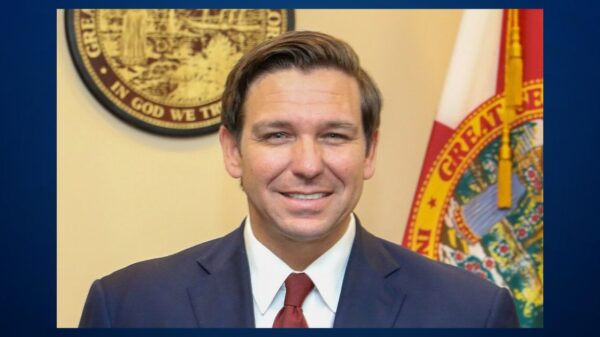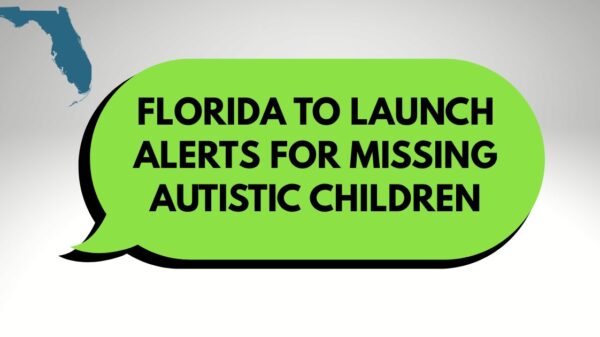The recent suicide deaths of two students who survived the shooting at Marjory Stoneman Douglas and a father who lost his daughter at Sandy Hook are heartbreaking reminders of the trauma that school or workplace violence can inflict on survivors. They also underscore the need for treatment and support, long after an incident occurs.
In Florida, death by suicide is the second leading cause of death in the 15-24 age group. More teenagers and young adults die by suicide than from motor vehicle accidents or homicides. While more girls attempt suicide and more boys die by suicide, the rates of death by suicide have increased over the last decade for the young, the old, and our veterans.
But there are actions we can take to reduce suicide deaths. Prevention, post-event intervention and providing community mental health treatment resources are key to reduce the number of suicide deaths.
Governor Ron DeSantis and First Lady Casey DeSantis deserve praise for hosting a mental health listening session in the wake of these recent tragedies. Florida needs a multi-track strategy for addressing its mental health challenges, and these are positive steps forward.
I am an inaugural advisory panel member of the Institute for a Safer Florida, a new organization created by the Florida Chamber of Commerce to help make our schools and workplaces safer through sharing best practices and supporting commonsense public policies. One of the institute’s key areas of focus is mental health.
As a state, what can we do? Let’s start with prevention. This includes training and education aimed at reducing the stigma of mental health treatment, particularly for people having suicidal thoughts. Studies show that the Gen X and Boomer generations are less likely to make a negative association about seeking mental health treatment. However, those in the Gen Z and Millennial generations are more likely to feel ashamed when actively seeking help.
Programs like Mental Health First Aid teach people how to recognize the signs of a mental health or addiction crisis, initiate a conversation, and ultimately connect people to professional help and community resources. Everyone can #BeTheDifference for someone who is struggling with a mental health or substance use problem if they know what to say and what to do.
Somehow in our society, we talk openly about cancer, diabetes and heart disease yet we whisper about diseases of the brain like mental illness, depression and bi-polar disorder. Together each one of us can raise the public awareness of suicide deaths and the role we can play in saving lives, simply by talking about it and messaging that is safe to seek treatment.
Post-event intervention activities are those which reduce risk and promote healing after a suicide death. We know that a key indicator for a future suicide death is a past attempt. When someone experiences a loss by a suicide death, they need their own intervention—a postvention—to prevent another suicide death. These interventions include offering mental health treatment using trauma-informed care, peer-to-peer support, and spiritual support.
There is also a need to improve mental health prevention programming in our schools; We should make mental health prevention programming available in every grade, in every school, for every student, every year. Better yet, make it part of the curriculum.
Additional mental health expansion should include services for students year-round, not just during the school year. Plus, the Mental Health First Aid Training should be offered to both parents and students along with school personnel. The training can help students feel safe in reporting suicide thoughts and other mental health concerns.
These are the types of programs and activities that the Institute for a Safer Florida endorses.
Just as there is no single cause that leads to death by suicide, there is no single prevention effort that will reduce suicide death rates. But a combined effort, over time, may begin to make a difference. The mental health of our young people, our veterans, our neighbors, our families, and our children is too precious to waste. Start a conversation today.
 Melanie Brown-Woofter is President and CEO of Florida’s One Behavioral Health Association—the newly merged Florida Council for Community Mental Health and Florida Alcohol and Drug Abuse Association. She also serves as an advisory panel member of the newly formed Institute for a Safer Florida.
Melanie Brown-Woofter is President and CEO of Florida’s One Behavioral Health Association—the newly merged Florida Council for Community Mental Health and Florida Alcohol and Drug Abuse Association. She also serves as an advisory panel member of the newly formed Institute for a Safer Florida.




















